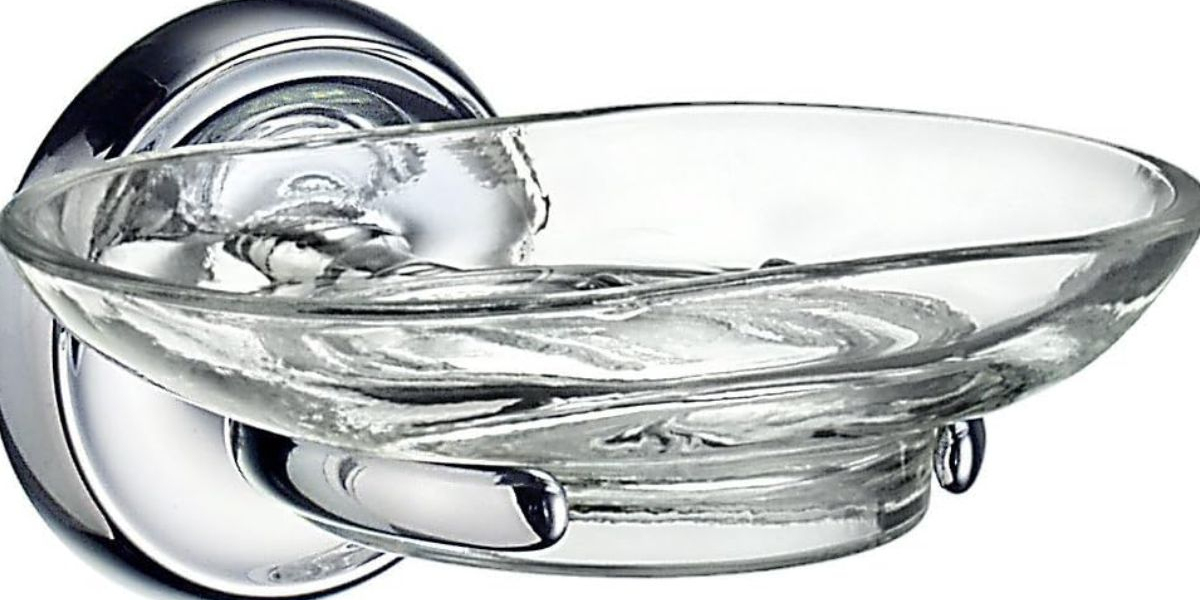Managing your credit responsibly is key to improving your financial health, and one important tool for that is a secured credit card. For many people, the question arises: Can you get a credit increase with a secured card? This article will delve deep into the workings of secured credit cards, whether you can increase the credit limit, and the steps to take if you want to improve your credit profile through this method.
What is a Secured Credit Card?
A secured credit card is specifically designed for individuals with poor or no credit history. Unlike traditional (unsecured) credit cards, secured cards require you to put down a refundable security deposit, which acts as collateral. Your credit limit is often determined by the amount of this deposit.
This type of card is an excellent tool for people looking to establish or rebuild their credit, as it functions like any regular credit card but with added security for the issuer.
How Does a Secured Credit Card Work?
Once approved, you’ll need to provide a deposit, typically ranging from $200 to $1,000, which serves as your credit limit. The amount you deposit is held as collateral in case you fail to make your payments. Each time you make a purchase, it reduces your available credit. By paying off your balance in full each month, you demonstrate responsible credit usage and can eventually qualify for a higher limit or even an unsecured credit card.
Secured vs. Unsecured Credit Cards: Key Differences
While both secured and unsecured cards offer revolving credit, the primary difference lies in the collateral. Unsecured cards don’t require a deposit, and their credit limits are determined based on the applicant’s creditworthiness. With secured cards, the credit limit is tied to the deposit, which means they are easier to get for those with low credit scores.
How Do Credit Limits Work on Secured Cards?
Initial Credit Limits on Secured Cards
When you first open a secured credit card, the credit limit is usually equal to your deposit. For instance, if you deposit $500, your credit limit will also be $500. Some issuers may offer slightly higher limits based on your creditworthiness or other factors.
Factors That Determine Your Credit Limit
The main factor that determines your secured card's credit limit is your deposit. However, some issuers may evaluate your payment history and credit profile over time to offer a credit increase without requiring a higher deposit. Consistent, on-time payments can demonstrate your ability to manage a higher limit.
Is It Possible to Get a Credit Increase with a Secured Card?
Conditions for a Credit Limit Increase
Yes, it is possible to get a credit increase with a secured card, but there are certain conditions. Typically, the issuer will require you to have an excellent payment history for at least six months to a year. Additionally, some secured cards allow you to increase your credit limit by providing additional deposits.
Timeline for Requesting a Credit Limit Increase
Most card issuers won’t consider a credit increase request until you’ve demonstrated responsible credit usage for several months. Many issuers have specific timelines, like six months or a year, Impact of Credit Card Utilization before allowing you to request an increase. You can check your card’s terms or contact the issuer to find out their policies.
How Often Can You Request an Increase?
Requesting a credit limit increase too frequently can harm your credit score, as some issuers may perform a hard inquiry on your credit report. It’s advisable to wait at least six months between requests, especially if you’ve recently increased your credit limit.
Steps to Request a Credit Limit Increase on a Secured Card
Reviewing Your Credit Card Account History
Before requesting a credit increase, review your account history. Ensure you’ve consistently made on-time payments and haven’t maxed out your credit limit. A strong credit history will improve your chances of being approved for an increase.
Contacting Your Credit Card Issuer
Once you’re ready, contact your credit card issuer, either through their website, app, or customer service line. Some issuers allow you to request a credit limit increase directly online, while others may require a phone call.
Providing Additional Deposits to Increase Your Limit
For secured cards, you can often increase your credit limit by providing additional deposits. For example, if your initial deposit was $300, you can add another $200 to raise your credit limit to $500. This method is commonly accepted by issuers as it reduces their risk while giving you more available credit.
How Does a Credit Limit Increase Affect Your Credit Score?
Impact on Credit Utilization Ratio
Your credit utilization ratio is the amount of credit you’re using compared to your total available credit. A lower ratio is better for your credit score. Increasing your credit limit reduces your utilization, which can boost your score, as long as you don’t increase your spending.
Potential Risks of a Higher Credit Limit
While a higher credit limit can improve your credit utilization ratio, it can also lead to overspending. It’s important to manage your spending responsibly to avoid accumulating debt, which could ultimately harm your credit score.
Alternatives to Increasing Credit on a Secured Card
Converting to an Unsecured Credit Card
If you’ve managed your secured card responsibly, many issuers offer the option to graduate to an unsecured card. This means you’ll get your deposit back, and your credit limit may increase without requiring a new deposit.
Applying for a New Credit Card
Another alternative is to apply for a new credit card. Once your credit score has improved, you may qualify for a card with a higher limit. Make sure to shop around for the best offers, including lower interest rates and fees.
Using a Co-Signer for Higher Credit
If you’re struggling to get a credit increase on your own, you may consider applying for a new card with a co-signer. This person will share responsibility for the account, and their credit history may help you secure a higher limit.
Visit here: Comparing Cashback Credit Cards
Frequently Asked Questions (FAQs)
1. Can you increase your secured credit card limit without making a deposit?
In some cases, yes. Some issuers may offer credit limit increases based on your payment history without requiring additional deposits.
2. How long does it take to get a credit limit increase?
It typically takes 6–12 months of responsible credit usage before you can request a credit limit increase.
3. Does requesting a credit increase hurt your credit score?
If the issuer performs a hard inquiry, your credit score may temporarily drop. However, responsible use of a higher limit can improve your score over time.
4. What should you do if your request for a credit limit increase is denied?
If your request is denied, review your account history to ensure you’re making on-time payments. You can try again in a few months.
5. Can you switch from a secured to an unsecured credit card?
Yes, many secured cards offer a pathway to unsecured cards after demonstrating responsible usage for a period of time.
6. How does a secured credit card help build credit?
Secured cards report to major credit bureaus. By making on-time payments and keeping your balances low, you can build a positive credit history.







